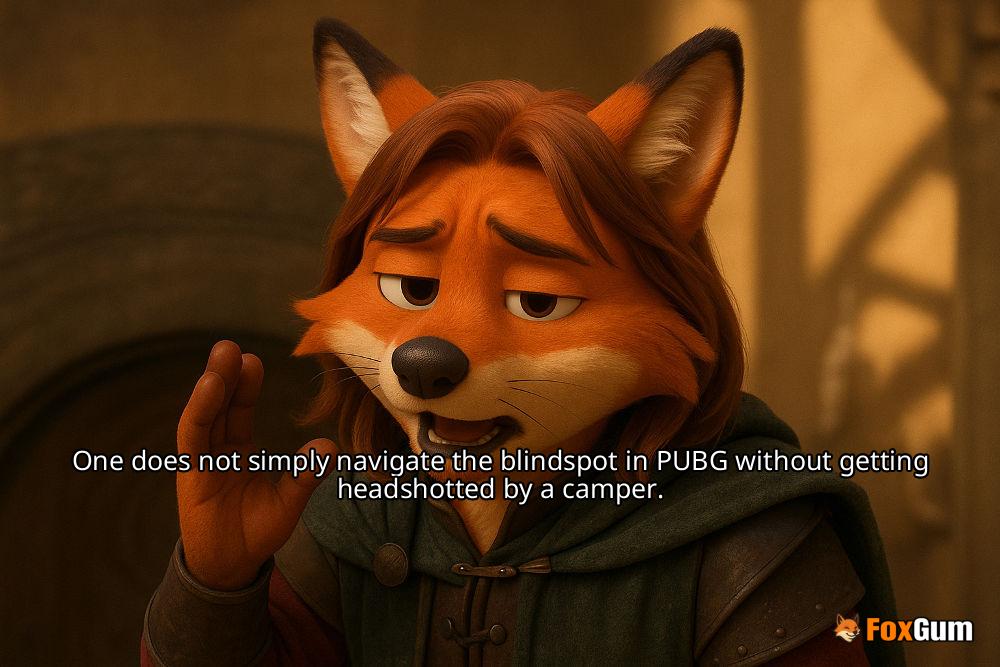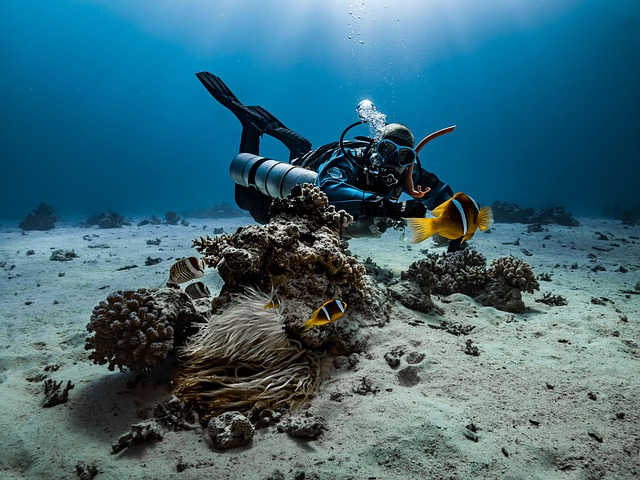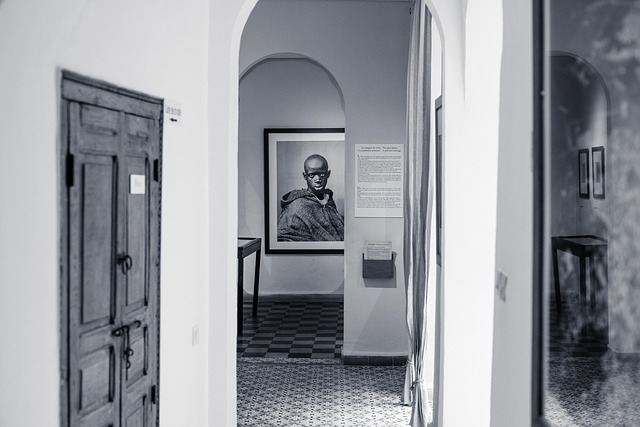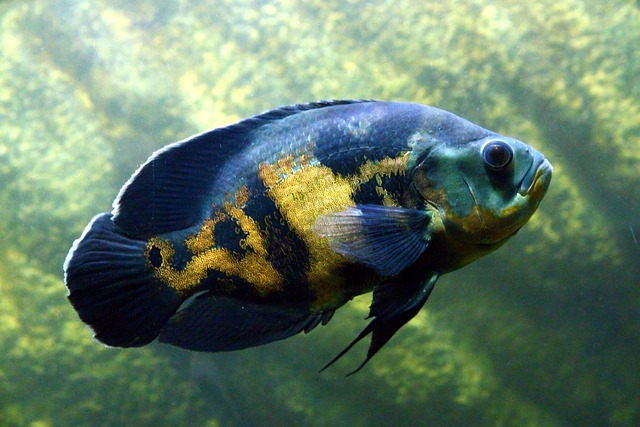
Documentary About Natalia Grace
Overview of the Documentary
The documentary titled "The Curious Case of Natalia Grace" has sparked significant discussion and controversy since its release. It explores the life of Natalia Grace, a young girl adopted by the Barnett family, and the events that unfolded surrounding her adoption. The film presents a narrative that has been met with mixed reactions, particularly regarding its portrayal of Natalia and the circumstances of her adoption.
Background on Natalia Grace
Natalia Grace was adopted by Michael and Kristine Barnett in 2010. The family initially believed that she was a six-year-old child with a form of dwarfism. However, as time went on, the Barnetts began to question her age and identity, leading to a series of events that culminated in their decision to abandon her in an apartment while they moved to Canada. This decision raised numerous ethical and legal questions, particularly regarding child welfare and the responsibilities of adoptive parents.
Documentary's Approach
The documentary attempts to delve into the complexities of Natalia's situation, presenting various viewpoints from those involved. Critics have pointed out that the film sometimes appears to sensationalize the events rather than provide a balanced view. For instance, it has been argued that the filmmakers gave a platform to Michael Barnett, allowing him to present his side of the story without sufficient scrutiny of his claims.
Expert Opinions
Several experts have weighed in on the documentary's content and its implications. Some commentators have expressed concern that the film may inadvertently exploit Natalia's story for entertainment value. They argue that the focus on the supposed mystery of her age detracts from the real issues at hand, such as the responsibilities of adoptive parents and the systemic failures in child welfare that can lead to situations like Natalia's.
Public Reaction
The public's response to the documentary has been polarized. Many viewers have found it compelling and engaging, while others have criticized it for being exploitative. Some comments highlight the need for a more nuanced understanding of Natalia's experiences, emphasizing that she is a victim in this narrative. The documentary has prompted discussions about the ethics of representation in media, particularly regarding vulnerable individuals.
Key Themes
- Exploitation vs. Awareness: The documentary raises questions about the fine line between raising awareness of child welfare issues and exploiting a child's story for entertainment.
- Parental Responsibility: It prompts viewers to consider the obligations of adoptive parents and the legal frameworks that govern adoption.
- Media Representation: The film serves as a case study in how media can shape public perception of complex issues, particularly those involving vulnerable populations.
- Victimhood and Agency: There is an ongoing debate about how Natalia's agency is portrayed and whether her voice is adequately represented in the documentary.
Conclusion
The documentary about Natalia Grace has opened up important conversations about adoption, child welfare, and media ethics. While it has attracted a significant audience, the mixed reactions highlight the complexities involved in telling such a sensitive story. As discussions continue, it remains crucial to approach the topic with care and consideration for those directly affected.

















 XRP Price Analysis: December 14
XRP Price Analysis: December 14 
 Health
Health  Fitness
Fitness  Lifestyle
Lifestyle  Tech
Tech  Travel
Travel  Food
Food  Education
Education  Parenting
Parenting  Career & Work
Career & Work  Hobbies
Hobbies  Wellness
Wellness  Beauty
Beauty  Cars
Cars  Art
Art  Science
Science  Culture
Culture  Books
Books  Music
Music  Movies
Movies  Gaming
Gaming  Sports
Sports  Nature
Nature  Home & Garden
Home & Garden  Business & Finance
Business & Finance  Relationships
Relationships  Pets
Pets  Shopping
Shopping  Mindset & Inspiration
Mindset & Inspiration  Environment
Environment  Gadgets
Gadgets  Politics
Politics 